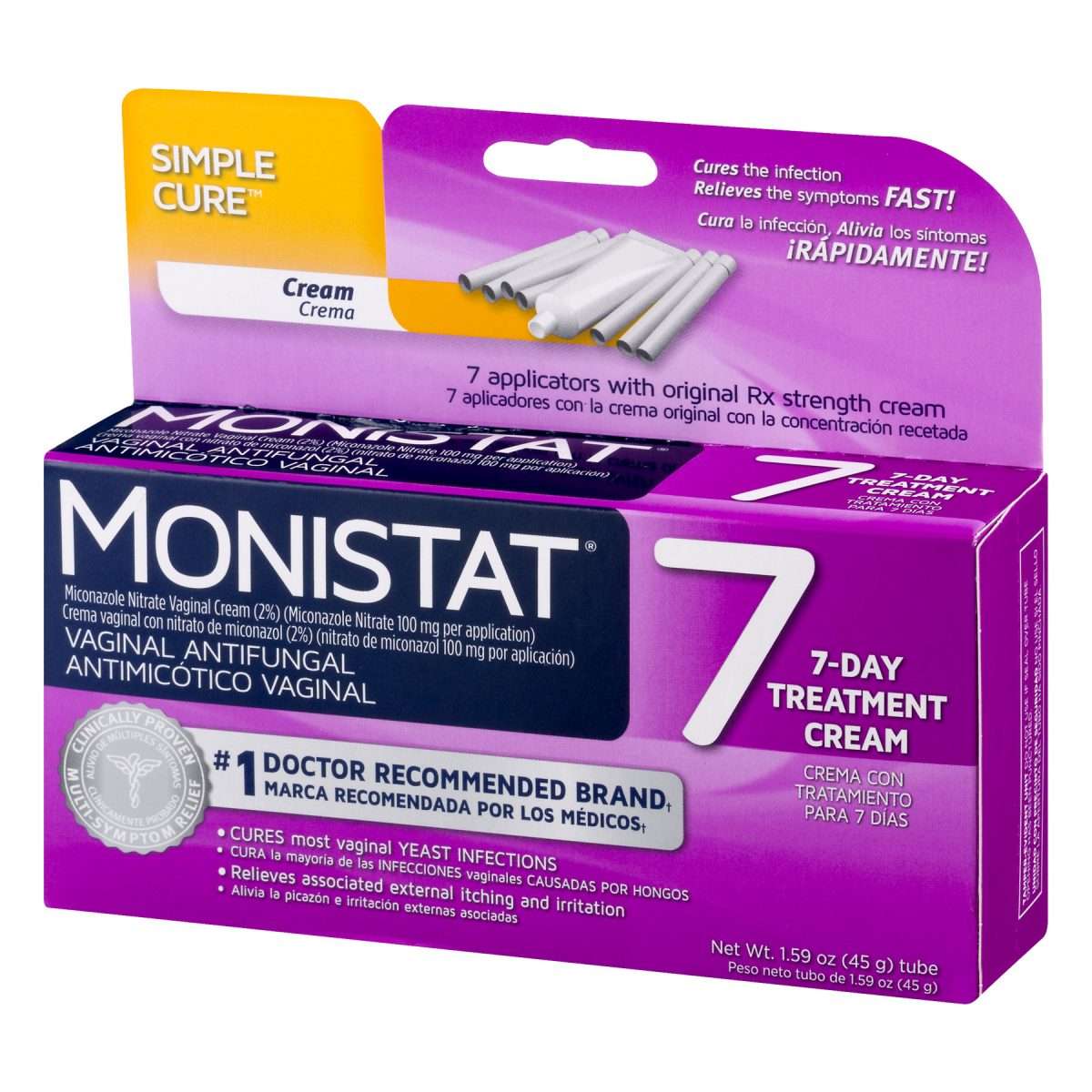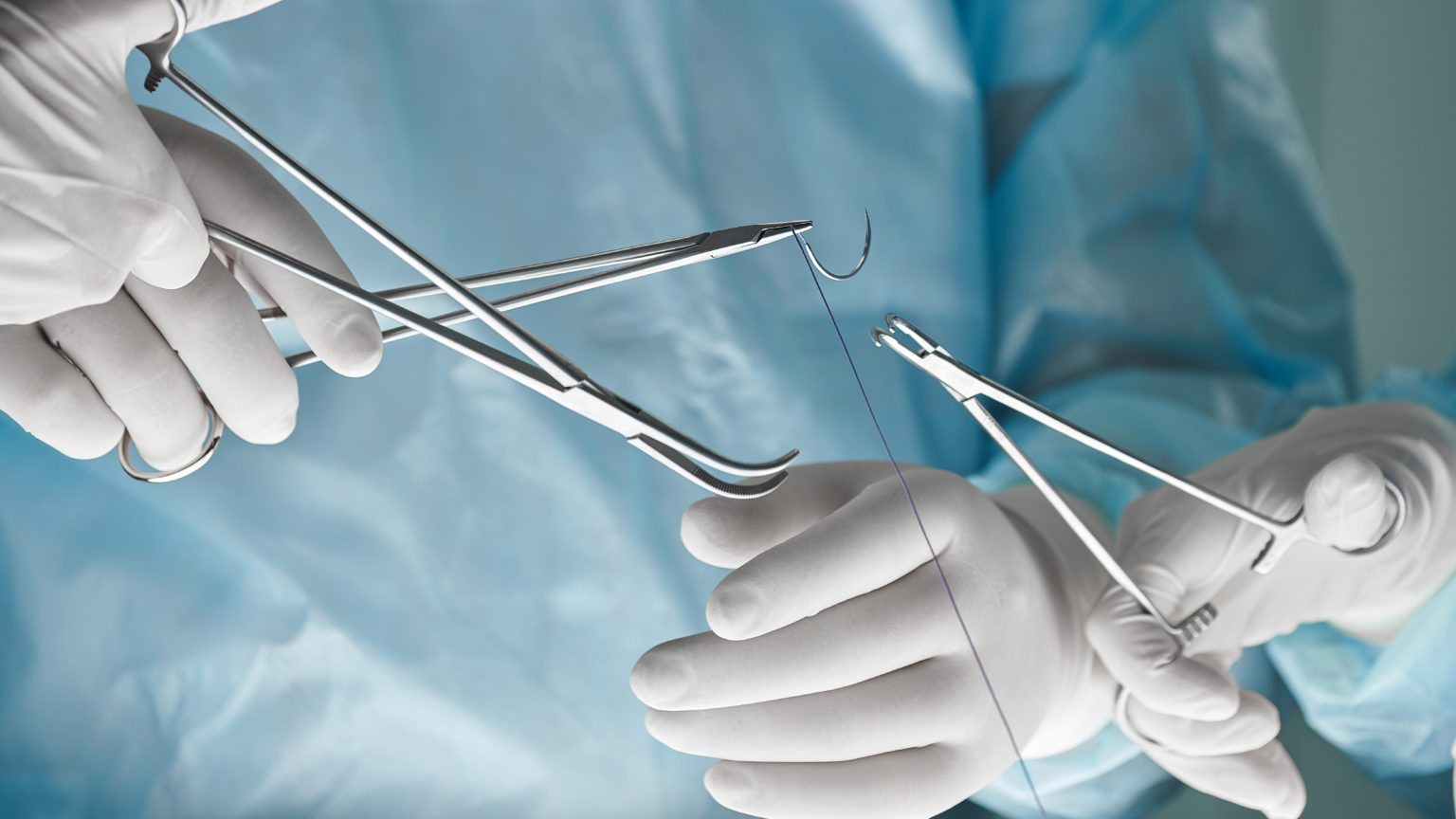How Buying a Home Changes Your Life


Yeast infections can be uncomfortable and often require prompt attention. But can urgent care centers provide the necessary treatment? Let's explore this common question.
Yes, urgent care centers can diagnose and treat yeast infections. They have healthcare providers who are trained to recognize the symptoms of yeast infections and can provide appropriate treatment.
Expert Response:
A yeast infection, also known as candidiasis, is a common fungal infection that affects many individuals, particularly women. While most yeast infections can be managed with over-the-counter medications, there can be instances where individuals seek medical attention at urgent care centers. Here's what you need to know:
If you suspect you have a yeast infection, it is advisable to seek prompt medical attention either from an urgent care center or your primary healthcare provider.
Recognizing the symptoms of a yeast infection can help determine if you should seek medical attention. Here are some common signs:
Expert Response:
Yeast infections can manifest in various ways, and the symptoms may differ between individuals. However, the following are some common symptoms of a yeast infection:
If you experience these symptoms, especially if it's your first yeast infection or the symptoms are severe, it is recommended to consult a healthcare professional for an accurate diagnosis and appropriate treatment.

While yeast infections are more commonly associated with women, men can also develop this condition. Let's delve into this topic further.
Expert Response:
Yeast infections can affect both men and women, although they are more prevalent in women. In men, yeast infections typically occur in the genital area, particularly on the head of the penis.
Here are some important points to know:
Remember, proper diagnosis is essential, as other conditions, such as sexually transmitted infections, can have similar symptoms.

Securing the necessary medication is crucial when seeking treatment for a yeast infection. Let's find out if urgent care centers can prescribe medication for this condition.
Expert Response:
Yes, urgent care centers can provide prescriptions for yeast infection medication. They have healthcare providers who can assess your symptoms, diagnose the infection, and prescribe the appropriate treatment.
Here are some key points to consider:
It is important to follow the prescribed treatment plan and complete the full course of medication to ensure effective resolution of the infection.
Seeking medical attention for a yeast infection is recommended, but some individuals may wonder if they can manage the condition at home. Let's explore this topic further.
Expert Response:
While mild yeast infections can sometimes be managed at home with over-the-counter antifungal treatments, seeking medical intervention is often advisable. Here's why:
If you experience symptoms of a yeast infection, it is best to consult a healthcare professional for an accurate diagnosis and appropriate treatment.
Accurate diagnosis is essential when dealing with a yeast infection. Let's find out if urgent care centers offer testing for this condition.
Expert Response:
Yes, urgent care centers can provide testing for yeast infections. Healthcare providers may perform various diagnostic tests to confirm the presence of a yeast infection.
Here are some common testing methods:
Testing can help ensure an accurate diagnosis and guide the appropriate treatment for a yeast infection.
Dealing with a yeast infection can be uncomfortable, but can the infection resolve without medical intervention?
Expert Response:
In some cases, mild yeast infections may resolve without medical intervention. However, it is important to note the following:
It is generally recommended to seek medical attention for a yeast infection to ensure proper diagnosis and treatment.
Taking preventive measures can help reduce the risk of developing a yeast infection. Let's explore some strategies for prevention.
Expert Response:
While it may not always be possible to prevent yeast infections entirely, there are steps you can take to minimize the risk. Consider the following preventive measures:
While these preventive measures may lower the risk of yeast infections, it is important to note that some factors, such as certain medical conditions or the use of antibiotics, can increase susceptibility to these infections.
Sometimes, individuals may wonder if they can have a yeast infection without experiencing any symptoms. Let's delve into this topic further.
Expert Response:
It is possible to have a yeast infection without experiencing noticeable symptoms. This is known as an asymptomatic or subclinical yeast infection. Here are some important points to consider:
Proper diagnosis and treatment can help prevent the spread of the infection and alleviate symptoms if they arise.
The impact of stress on overall health is well-known, but can it play a role in the development of yeast infections? Let's find out.
Expert Response:
Stress can potentially contribute to the development of yeast infections. Here's why:
While stress alone may not directly cause a yeast infection, it can contribute to the conditions that allow yeast to proliferate. Managing stress through relaxation techniques, exercise, and seeking support can help reduce the risk of developing yeast infections.
Individuals with yeast infections may wonder whether it is safe to engage in sexual activity. Let's explore this topic.
Expert Response:
If you have a yeast infection, it is generally recommended to abstain from sexual activity until the infection has been effectively treated. Here's why:
It is advisable to complete the full course of treatment and consult with a healthcare professional before resuming sexual activity.
Many individuals explore natural remedies as an alternative or complement to conventional treatments for yeast infections. Let's delve into this topic further.
Expert Response:
While some natural remedies may offer relief for mild yeast infections, it is important to approach them with caution. Here are some considerations:
Remember, seeking medical attention provides the most reliable and evidence-based treatment for yeast infections.
Overall, yeast infections can be diagnosed and treated at urgent care centers. These healthcare facilities have trained professionals who can accurately diagnose the infection and prescribe appropriate treatment. Whether you're experiencing the symptoms of a yeast infection, have questions about prevention, or want to explore natural remedies, it is important to consult with a healthcare professional for personalized advice and guidance. Prompt medical attention can help alleviate symptoms, prevent complications, and ensure a swift recovery.
Comments
Post a Comment